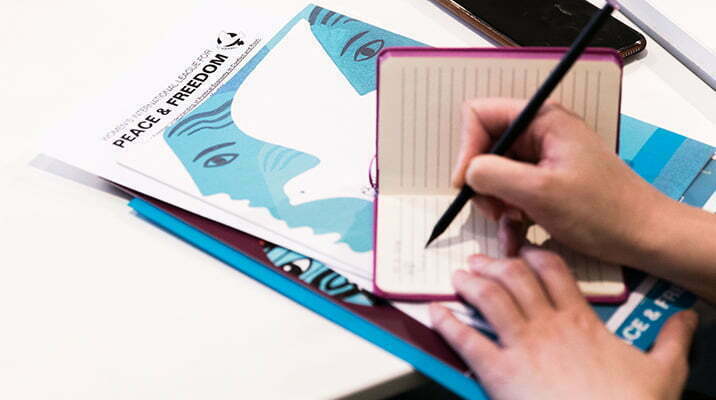The bombs are falling as we write this.
For years our humanitarian volunteers have worked to save the lives of our people in Aleppo: operating in underground hospitals, rescuing entire families buried under the rubble and risking our lives to document what the daily war crimes committed by Assad regime and its ally Russia. We can do no more.
Now we are with 100,000 civilians trapped in an area of five squared metres with the non-stop bombs, shells and advancements on the ground. In one building more than 500 people are sheltering. People have been underground for days.
We are calling on you in the International Community to provide a safe passage out of Aleppo for the remaining 100,000 people. We know that the UN has a plan to get us out across the 4 kilometres of Western Aleppo to safety: with a few dozen buses and lorries we could all be evacuated in twenty four hours. However, we need you to guarantee the safety of their workers and our own.
If we stay we fear for our lives. The women may be taken to camps, the men disappeared and anyone who is known to have supported civilians will face detention or execution. We’ve watched thousands of our boys and mens be detained. Countless White Helmets, doctors, nurses and humanitarians have been targeted and killed in the regime’s cruel assault on Aleppo.
The regime has been trying to kill us for five years. Please don’t give them this chance. We can not believe that the world’s most powerful countries cannot get 100,000 souls four kilometers to relative safety.
The statement was written, supported and signed by:
- Syria Civil Defence [the White Helmets]
- Independent Doctors Association
- Syrian American Medical Society
- Kesh Malek





